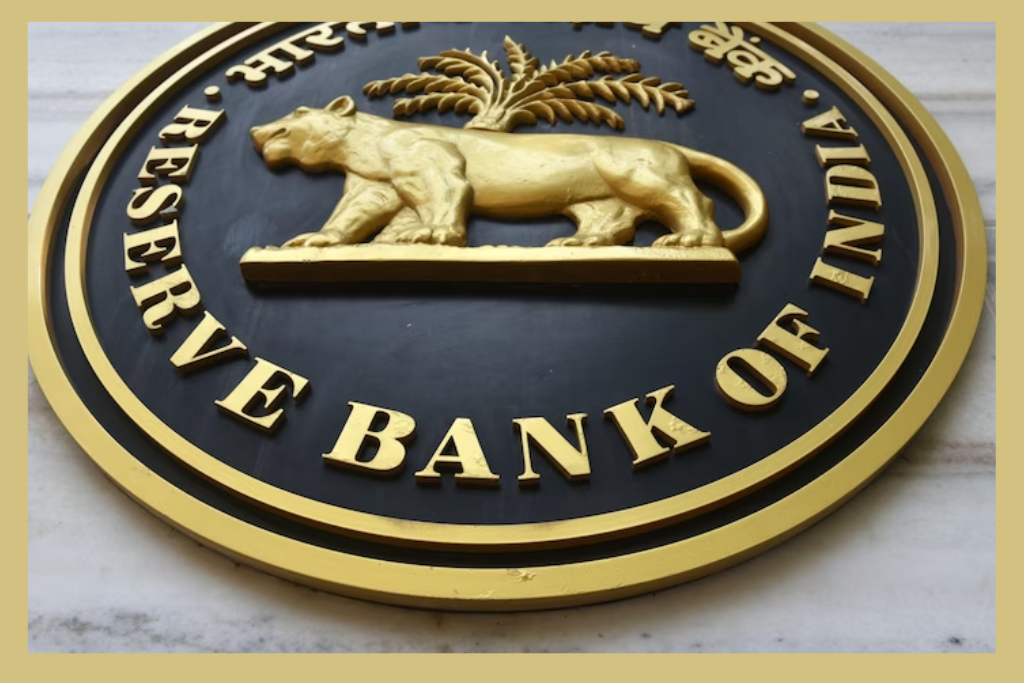In a significant move, the Reserve Bank of India (RBI) has recently issued a directive that bars banks and Non-Banking Financial Companies (NBFCs) from imposing compounded penal interest on loans.
This directive comes as a welcome relief to borrowers, offering them greater transparency and fairness in loan repayment processes.
The decision by the RBI aligns with its ongoing efforts to ensure a more customer-centric and equitable financial system.
RBI The Directive: A Game-Changer
Historically, borrowers in India have often faced challenges in understanding the complexities of interest calculation methods adopted by financial institutions.
Compounded penal interest, in particular, has been a cause for concern among borrowers, as it could lead to a ballooning debt burden that becomes difficult to manage over time.
The RBI’s recent directive addresses this issue head-on by putting an end to the practice of compounding penal interest on loans.
Under the new guidelines, banks and NBFCs are prohibited from adding penal charges to the interest rate on loans. This move is intended to simplify the loan repayment process and make it more comprehensible for borrowers.
Instead of the convoluted calculations that once characterized penal interest, borrowers will now be able to clearly understand the amount they owe, making financial planning and budgeting more manageable.
Advantages of the Directive
Transparency and Clarity: One of the primary benefits of the RBI’s directive is the enhanced transparency it brings to loan repayment processes. Borrowers will no longer be left in the dark about how interest charges are calculated, leading to better-informed financial decisions.
Fair Treatment of Borrowers: By discontinuing the practice of compounding penal interest, the RBI is promoting fairness in lending practices. Borrowers will be spared from facing a compounding debt burden that can make it challenging to escape a cycle of indebtedness.
Easier Debt Management: The elimination of compounded penal interest means borrowers can better manage their debt. Clearer repayment terms will empower borrowers to strategize their finances effectively and make timely payments.
Reduced Financial Stress: The directive could potentially reduce the financial stress that borrowers experience. The absence of punitive interest charges can help borrowers avoid slipping into a debt spiral, fostering a healthier borrowing ecosystem.
Boost to Economic Recovery: During times of economic uncertainty, such as the aftermath of a pandemic, this directive could stimulate economic recovery. It eases the burden on borrowers, allowing them to invest in productive activities rather than being overwhelmed by interest charges.
Challenges and Considerations
Impact on Lenders: While the directive is favorable for borrowers, it may require banks and NBFCs to reevaluate their business models and lending practices. They might need to find alternative ways to manage credit risk without relying on compounded penal interest.
Risk Assessment and Loan Pricing: Lenders may need to revise their risk assessment processes and loan pricing strategies to ensure they remain profitable and sustainable in the absence of compounded penal interest.
Consumer Education: As this directive brings changes to conventional lending practices, consumer education will play a crucial role. Borrowers need to understand the implications of this change and how it may affect their loan agreements.
Transition Challenges: Implementing the directive across various loan types and agreements might pose logistical challenges for lenders. A smooth transition will be essential to prevent confusion and ensure compliance.
Potential for Higher Base Interest Rates: Lenders may adjust their base interest rates to account for the loss of revenue from compounded penal interest. Borrowers should remain vigilant about any potential increase in the cost of borrowing.
Conclusion
The RBI’s decision to halt the practice of compounding penal interest on loans marks a significant step towards creating a more borrower-friendly financial landscape.
By enhancing transparency, promoting fairness, and enabling borrowers to better manage their debt, this directive aligns with the RBI’s ongoing efforts to foster financial inclusion and consumer protection.
While challenges related to lender adaptation and borrower education may arise, the potential benefits for both individuals and the broader economy are substantial.
As this directive takes effect, borrowers and lenders alike must work together to ensure a smooth transition and embrace this positive change in the lending ecosystem.
Stay updated with the latest news at The World News.



